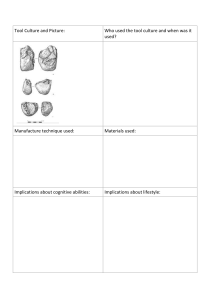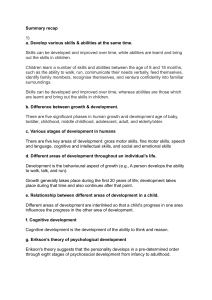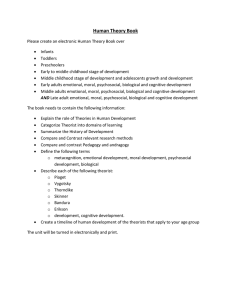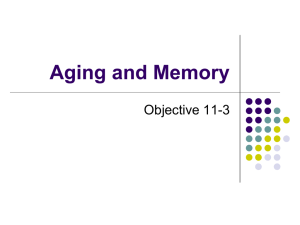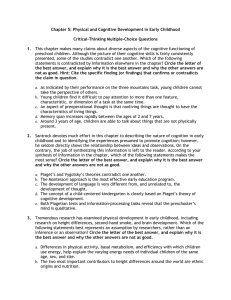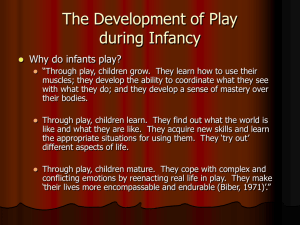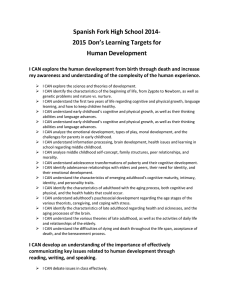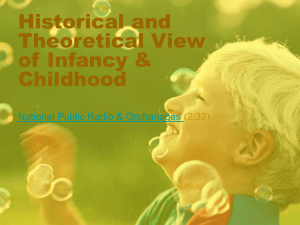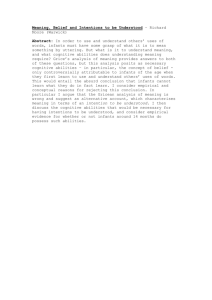EARLY CHILDHOOD – PSYCHOSOCIAL DEVELOPMENT
advertisement
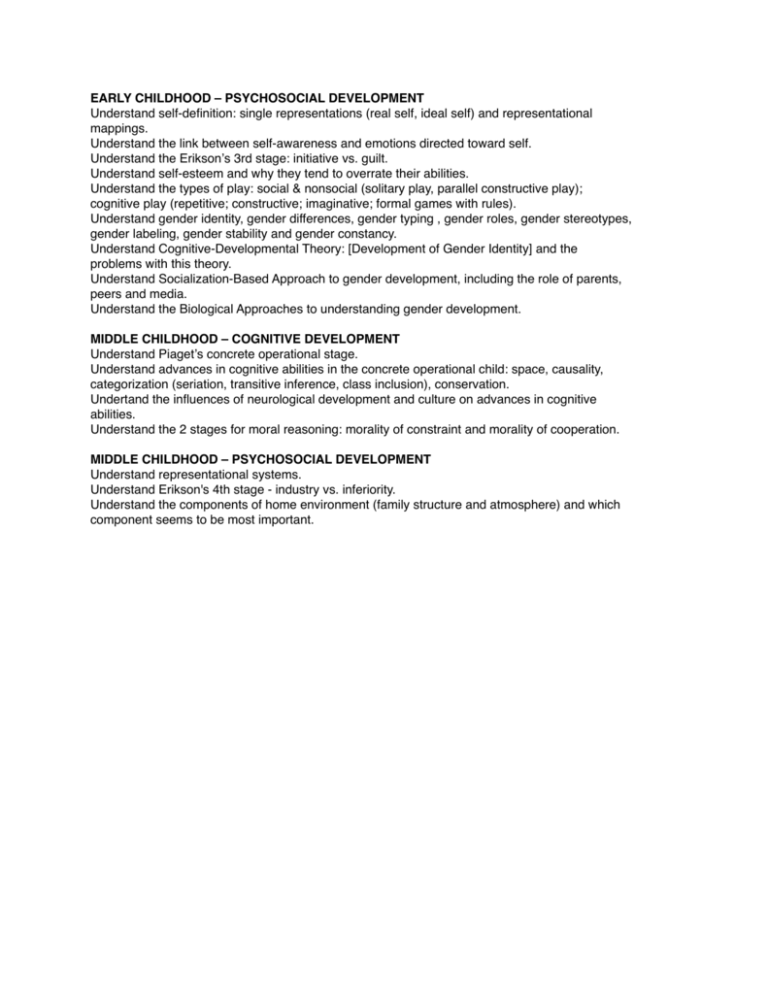
EARLY CHILDHOOD – PSYCHOSOCIAL DEVELOPMENT Understand self-definition: single representations (real self, ideal self) and representational mappings. Understand the link between self-awareness and emotions directed toward self. Understand the Eriksonʼs 3rd stage: initiative vs. guilt. Understand self-esteem and why they tend to overrate their abilities. Understand the types of play: social & nonsocial (solitary play, parallel constructive play); cognitive play (repetitive; constructive; imaginative; formal games with rules). Understand gender identity, gender differences, gender typing , gender roles, gender stereotypes, gender labeling, gender stability and gender constancy. Understand Cognitive-Developmental Theory: [Development of Gender Identity] and the problems with this theory. Understand Socialization-Based Approach to gender development, including the role of parents, peers and media. Understand the Biological Approaches to understanding gender development. MIDDLE CHILDHOOD – COGNITIVE DEVELOPMENT Understand Piagetʼs concrete operational stage. Understand advances in cognitive abilities in the concrete operational child: space, causality, categorization (seriation, transitive inference, class inclusion), conservation. Undertand the influences of neurological development and culture on advances in cognitive abilities. Understand the 2 stages for moral reasoning: morality of constraint and morality of cooperation. MIDDLE CHILDHOOD – PSYCHOSOCIAL DEVELOPMENT Understand representational systems. Understand Erikson's 4th stage - industry vs. inferiority. Understand the components of home environment (family structure and atmosphere) and which component seems to be most important.
